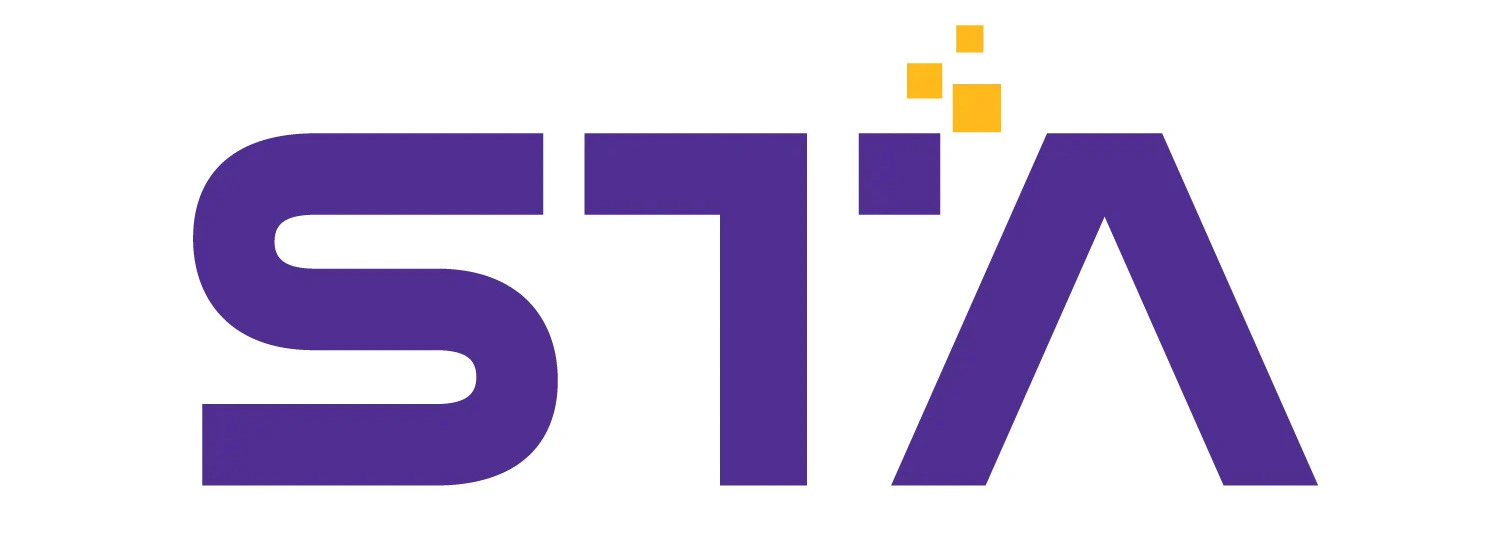What is ASP.NET?
ASP.NET is an open-source framework developed by Microsoft for building interactive and high-performance web applications. It offers a set of tools and libraries that simplify web development, making it a popular choice for both small and large-scale projects.

Why ChooseHigh Performance & Speed ASP.NET for Web Development?
ASP.NET offers several advantages that make it an ideal choice for building web applications:
1. High Performance & Speed
ASP.NET uses Just-In-Time (JIT) Compilation, making it faster than many other technologies. It also benefits from Microsoft’s performance optimizations in .NET Core.
2. Advanced Security
With built-in security features like authentication management, encryption, and protection against XSS and CSRF attacks, ASP.NET is a secure choice for developing sensitive applications.
3. Database Integration
ASP.NET seamlessly connects with SQL Server, MySQL, PostgreSQL, and other databases using Entity Framework Core, reducing the need for manual SQL queries.
4. Scalability & Maintenance
ASP.NET Core allows developers to create flexible, scalable applications that run on Windows, Linux, and macOS, ensuring cross-platform compatibility.
5. RESTful API Support
With ASP.NET Web API, you can build robust APIs that integrate seamlessly with other systems.
Core Components of ASP.NET
ASP.NET development is based on key components, including:
- ASP.NET MVC: A Model-View-Controller (MVC) design pattern that separates business logic from UI, improving code organization and development efficiency.
- ASP.NET Web Forms: A simpler alternative to MVC that uses a drag-and-drop approach for building web apps, suitable for beginners and small projects.
- ASP.NET Blazor: Allows developers to build interactive web applications using C# instead of JavaScript, ensuring a unified development experience.
- ASP.NET Web API: Enables the creation of RESTful APIs for seamless communication between applications and cloud services.
Steps to Build a Web App with ASP.NET

1. Set Up the Development Environment
Install the latest .NET SDK, Visual Studio (IDE), and SQL Server for database management.
2. Create a New Project
Use Visual Studio to create an ASP.NET Core Web Application, selecting MVC or Blazor based on your project requirements.
3. Build the Database
Utilize Entity Framework Core to define models, create tables, and establish database connections effortlessly.
4. Design the User Interface
Develop dynamic web pages using Razor Pages or Blazor, with Bootstrap for responsive design.
5. Develop Business Logic
Implement Controllers and Models to structure the code for better maintainability.
6. Implement Authentication & Security
Use ASP.NET Identity for user management and OAuth or JWT for securing APIs.
7. Deploy & Host Your App
Publish your application on Azure, AWS, or IIS servers with optimized settings for stability and performance.
Best Practices for ASP.NET Development
- Use a Modular Architecture for easy scalability and maintenance.
- Optimize performance with Middleware and Caching techniques.
- Keep dependencies updated for security and efficiency.
- Monitor app performance with Application Insights to identify issues and enhancements.
Comparison Between ASP.NET Core and Other Frameworks
When comparing ASP.NET Core with Node.js and Django, we can see clear differences in several key aspects:
Performance
ASP.NET Core offers excellent performance thanks to Just-In-Time (JIT) compilation and various optimizations by Microsoft. In contrast, Node.js provides moderate performance due to its single-threaded event loop model, while Django delivers high performance but may not be as efficient as ASP.NET Core for high-load applications.
Security
ASP.NET Core excels in security with built-in features such as authentication, session management, and protection against common attacks like XSS and CSRF. Django also provides strong security with its built-in mechanisms, whereas Node.js relies heavily on third-party libraries, making it more vulnerable if these dependencies are not properly managed.
Ease of Learning
Node.js is the easiest to learn, especially for JavaScript developers. ASP.NET Core has a moderate learning curve, requiring knowledge of C# and the .NET ecosystem. Django, based on Python, is relatively easy to understand but requires a solid grasp of its structured framework.
REST API Support
All three frameworks offer built-in support for creating RESTful APIs, making them suitable for building scalable and interactive web applications.
Ultimately, choosing the right framework depends on project requirements, developer experience, and the desired level of security and performance.
ASP.NET is a powerful and stable framework for web development, offering high performance, advanced security, and seamless integration with databases and cloud services. Whether you are a beginner or an experienced developer, ASP.NET Core provides a flexible environment to create dynamic websites, RESTful APIs, and applications powered by AI and IoT. If you’re looking for a robust and future-proof framework for your next project, ASP.NET is the perfect choice.










